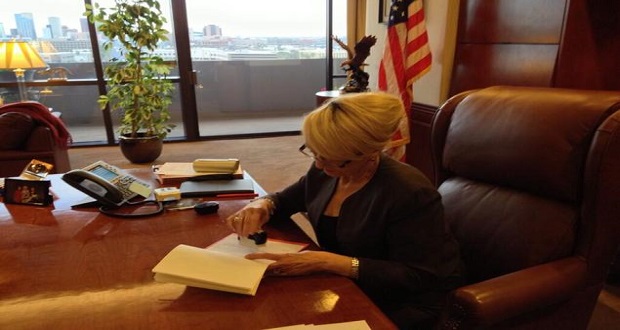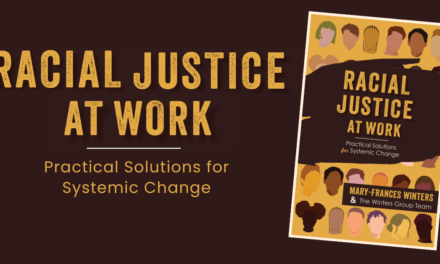
Image source: @GovBrewer via Twitter
Just when we thought we had gone two steps forward for protections for the LGBT community we were on the verge of going four steps backwards.
The Arizona legislation that would have allowed merchants with strong religious beliefs to deny service to gays and lesbians would have taken us back to the days of Jim Crow when it was legal to deny African Americans service in many parts of the country.
The bill would have permitted any business, church or individual to claim the law as a defense in any legal action brought by the government or individual claiming discrimination.
Those in favor of the law said the bill was merely a slight adjustment to the state’s existing freedom law, which does not grant protections to people based on sexual orientation. However, if it had been enacted, the legislation would have taken precedence over local ordinances in Phoenix, Flagstaff and Tucson where there are protections for the LGBT community.
First to claim that this law would have been a slight adjustment to an existing law seems to be a gross understatement. It would have essentially given anyone license to deny service based on one’s sexual orientation. My initial question would be, how would they know unless the individual revealed it?
Can you imagine what would have happened if the bill had been passed? A merchant could legally deny service to someone who is gay, lesbian, bi-sexual or transgender and then use religion as a defense? I respect the right of individuals to hold different religions views. I am proud to live in a country that affords us religious freedom, freedom of speech, etc. I am also proud to live in a country with a constitution that says we are all created equal and one that has laws to protect us against discrimination. I guess I should say most of us, and I am not proud of that. I will not be satisfied until discrimination is illegal for all of us.
If one wants to take a religious stance on LGBT rights, I think we should listen to Pope Francis. When he was asked the question about gay priests, his answer was essentially, “who am I to judge?”


















